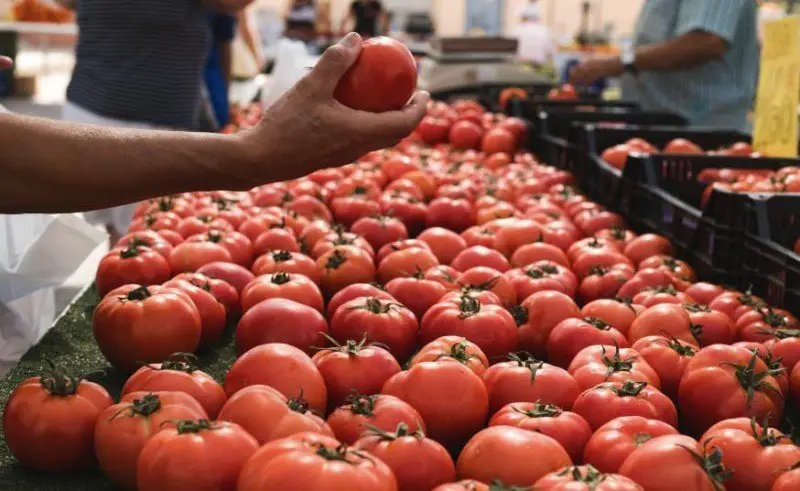Rabat – The European Commission has rejected claims for tax fraud in Moroccan tomato exports to the EU.
The Iberian Media Outlet Eleconomista, reported This European Commissioner for Agriculture Christophe Hansen spoke to the topic in response to a written question from the Spanish Mep Carmen Crespo, who was concerned about Morocco, which allegedly exceeded his duty -free export boundaries.
“These imports correspond to the provisions of the Association Treaty in 2012,” said Hansen, making it clear that Moroccan tomatoes that the EU enter beyond the specified tariff rate remain within the legal limits as long as the necessary customs tasks are paid.
Between 2019 and 2024, the customs authorities collected around 81 million euros for these programs.
Hansen admitted that Moroccan tomatoes have been imported beyond the agreed quota since 2019.
However, he also found that these additional imports comply with the rules set by the trade agreement. “Out-of-quota imports are subject to customs tasks and therefore fulfill the agreement between Morocco and the EU,” he confirmed.
Crespo had asked the European Commission to investigate what it described as “fraud”, which was caused by exceeded duty -free odds.
She estimated the alleged tax losses at more than 71.7 million euros since 2019. The EU’s answer now represents these allegations.
In the past ten years, Morocco has broadcast its position on the global tomato market and expanded its production by 17.36% between 2014 and 2023.
Production rose from 1.23 billion kilos in 2014 to 1.44 billion kilos in 2023, which strengthens the Status Morocco as an impressive competitor in the European Union.
In addition, Spanish tomato producers have grown Increasingly suspicious of this competition and consider it a serious threat to your industry.
In February 2024, several farmers in Algeciras, Spain, staged A protest against the import of Moroccan agricultural products.
Some wore banners who accused Morocco of flooding the market with inferior goods. However, the protest probably reflected a broader frustration about what they regarded as an unfair competition from non-EU countries.





